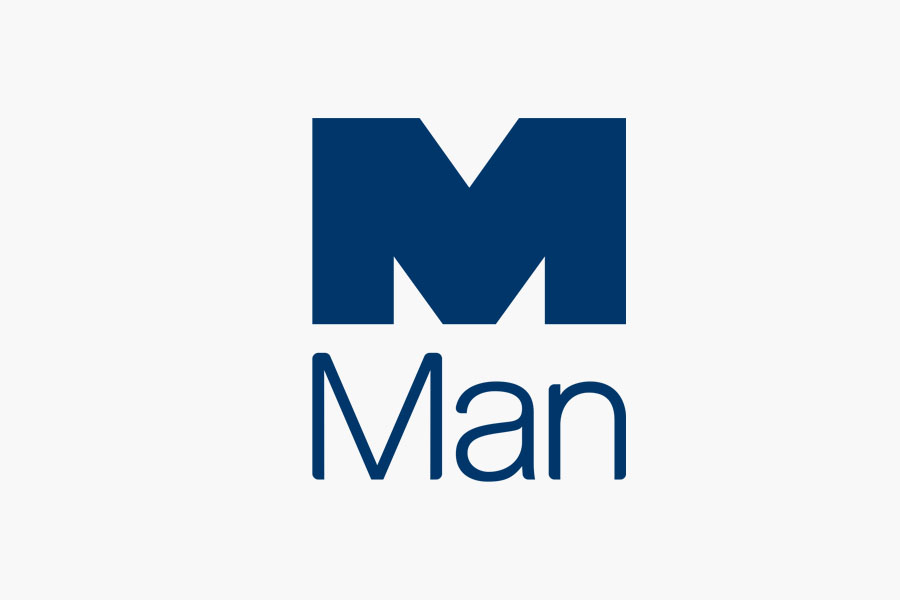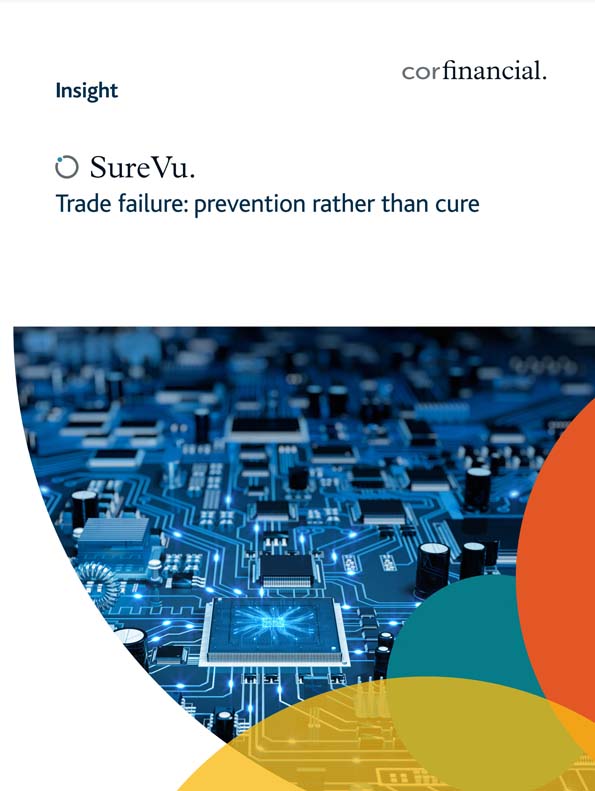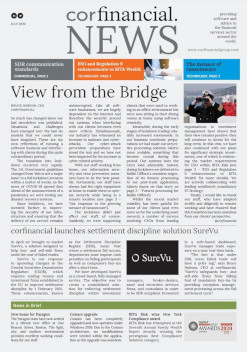In the tumultuous world of asset management operations, where every trade counts, the spectre of failed trade management looms large. In the wake of the Central Securities Depository Regulation (CSDR) settlement discipline regime, the consequences of failing trades are something firms need to address. Efficiencies and controls within Asset management firms are in the spotlight, and without a vigilant guardian, the risk of non-compliance is a concern. Enter SureVu – the software system designed to help you avoid failed trades rather than manage them.
The Perils of Failed Trade
The CSDR settlement discipline regime has heavily impacted the landscape of securities trading. With more stringent measures in place, financial penalties for failed trades may escalate to previously unseen levels with the arrival of the T+1 settlement cycle. Firms failing to meet their settlement obligations face penalty fees and a harmed reputation.
Where governance and controls are key, ignorance is not bliss; it’s a dangerous gamble.
The consequences of failing trades are not limited to financial losses; they extend to the credibility and professionalism of an asset management firm.
SureVu: The Beacon of Assurance
A proactive solution that identifies and addresses potentially failing trades before they snowball into avoidable costs.
Early Warning System
SureVu acts as an early warning system, instantly notifying asset management firms of potential failing trades, managed via real-time SWIFT update messages from custodian banks. Its real-time monitoring ensures that you stay one step ahead, shielding your firm from the issues of settlement failures. By better managing pending trades, clients have seen up to a 75% reduction in failed trades, which is essential to meet stricter settlement processing times as part of the T+1 settlement date changes.
Compliance Assurance
With the industry-based controls imposed by the CSDR, compliance is non-negotiable. SureVu is designed with the settlement discipline regime at its core, ensuring that your firm adheres to the rules and sidesteps the pitfalls that can lead to unnecessary financial costs.
Know the Cost
Custodians report penalty fees on a daily basis and SureVu helps firms reconcile them monthly. Users stay well-informed about the status of trades throughout the entire trade lifecycle, minimizing the chances of trades not being matched before the settlement date.
Conclusion
Asset Managers must reflect operational excellence and the time for complacency has long passed. SureVu is the shield that stands between you and the increasing threat of larger penalties with the change of trade cycles from T+2 to T+1. Embrace the confidence that SureVu brings to the table, and let your firm navigate the future with certainty and resilience.
If you would like to discuss any of the points raised here, please contact us at resources@corfinancialgroup.com or click here to learn more about corfinancial’s post-trade settlement solutions, Salerio and SureVu.















